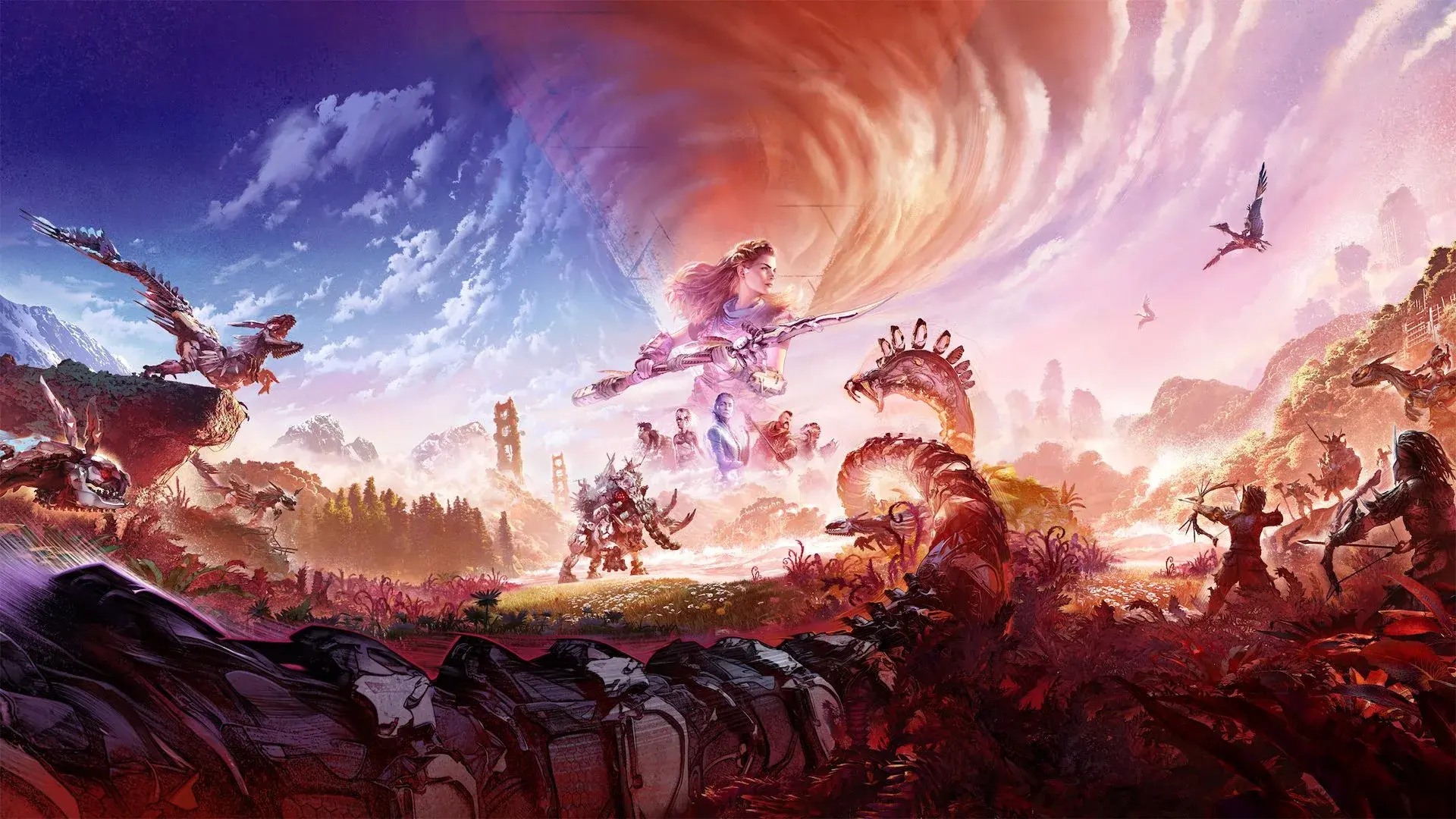

I considered voting for them, but I didn’t.
The reason is because there are other parties with comprehensive plans for digitalisation / IT stuff PLUS lots of other plans for healthcare, economy, infrastructure, etc.
Pirate party seems like a party focused on IT stuff only, whereas I also care about other topics, such as international trains, subsidizing healthcare, improving education and lots of other things.
(I voted for Volt Nederland BTW)










So my first thought is: Download the entire file BEFORE watching it. This ensures that you won’t have to buffer while watching and it’ll run 100% smoothly.
Downloading files isn’t very difficult generally; just go to some (torrenting) website, copy the magnet or download the torrent and import it into your torrent client.
When you have your .mp4, .mkv, .whatever file, you can simply click on it and play it on your preferred media player (such as VLC). However, you may want to watch it on some other device… Easy solution (for TVs) is just connect your laptop to your TV with an HDMI cable, duplicate your screen and start watching.
But if you actually want to stream, you’ll have to tread into the self-hosting zone. Meaning that you run a media server that hosts all your content and your devices (whether it’s a TV, android phone, iPhone, whatever) can access and play the content from your server.
This is a very, very big topic that I won’t cover in a single comment. I will point you in the right direction and mention Jellyfin; Jellyfin is a free, open-source media server that you can set up to manage and stream your files with